Dr. Taner Akçam on the Recent Decision of the Turkish Government
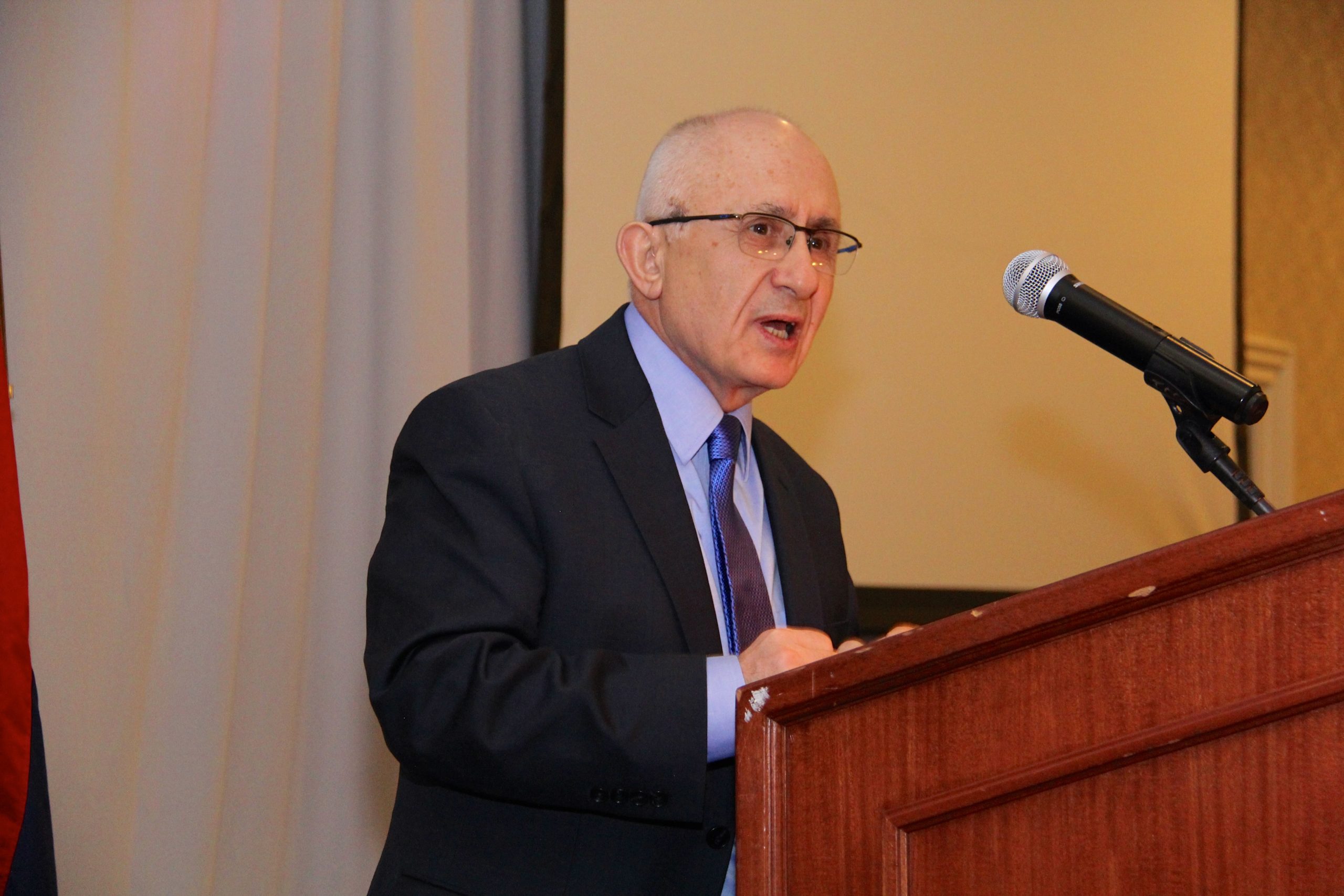
According to a report in the June 23, 2020 edition of Turkish Hürriyet daily, Turkey has taken the decision to establish “a new autonomous and civil institution” in order “to respond to the accusations of genocide and to develop a strategy [to counter them].” The decision was made at the five-hour meeting of the President’s High Advisory Board on June 16, 2020.
At the meeting it was determined that Turkey’s principal failing in this regard was that it did not possess a single institution to deal directly with the Armenian claims and develop a [counter-argument] and strategy and that it “had not developed a comprehensive strategy.” Therefore, it was decided to form a new institution to address this shortcoming.
The “sole task” of this new organization would be to “view the various dimensions of the topic—such as culture, history, propaganda, and law, not merely politics—as a whole.” Additionally, as part of the decision it was also stated that “the institution would be an autonomous and civil [society] initiative without direct connection to the government or state.”
Ultimately, this news must be greeted with the acknowledgment of another, bitter truth: today, in all of North America there does not exist a single research center or academic program at a University that deals solely or directly with the Armenian Genocide or that has been created for this purpose.
There are approximately 250 programs at American universities devoted to studying the Holocaust. Some of these are simply research institutes. Against this backdrop, the complete absence of such programs—research or otherwise—that deal directly and exclusively with the Armenian Genocide is all the more marked and a bitter pill to swallow.
[RELATED: Erdogan Instructs New Institution to Address Armenian Genocide Strategy]Let us again stress: apart from the devoted and priceless efforts of various independent and civil society Armenian institutions and individual scholars that make valuable contributions to Armenian Studies, including the study of the Armenian Genocide, there is no institutionalization within American academia of this field, and a relative paucity of research and studies. The biggest challenge for the further advancement of this field is the absence of institutional structures within American universities.
In the last years, at all events to which I have been invited, at all opportunities I have had to speak publicly I have dwelled at length on the need to “institutionalize” Armenian Genocide research. I have highlighted the impossibility of responding effectively to Turkey’s extensive and well-funded “denialist industry” without the existence of competing organizations or institutions. It would be foolish to assume that merely because we have the truth of historical facts on our side that this is the only factor determining who will prevail in the long run.
I wish I could say that my pleas have thus far fallen on fertile ground, but it has not been the case. Perhaps this latest initiative by the Turkish government will finally set off an alarm bell, one that allows others to see the critical importance of this matter.
Let’s hope that Ankara’s action will somehow drive home the urgency of the matter and rouse those concerned from their complacency. One of the most important ways to counter Turkish denialism and Turkey’s new initiative is precisely this: the institutionalization of Armenian Genocide research within an academic setting.



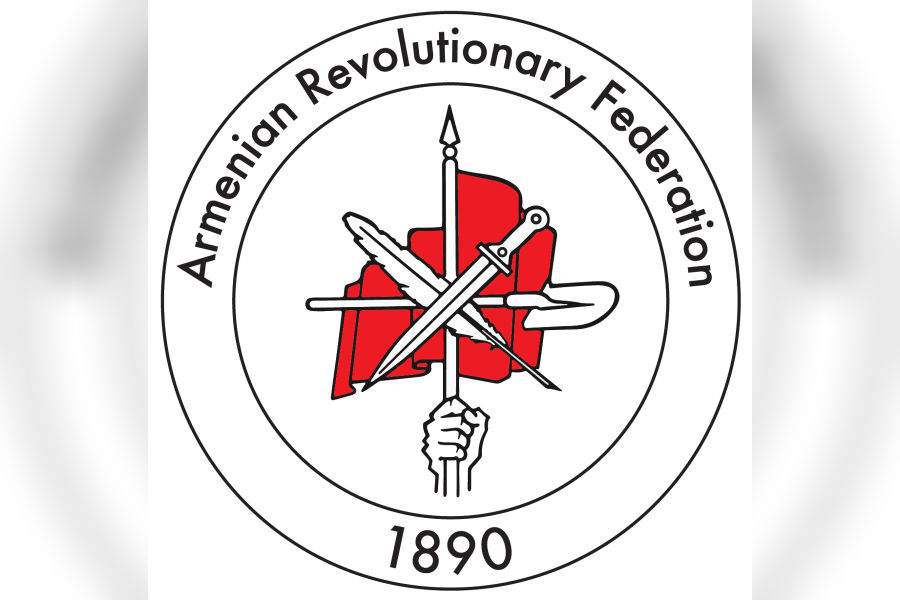
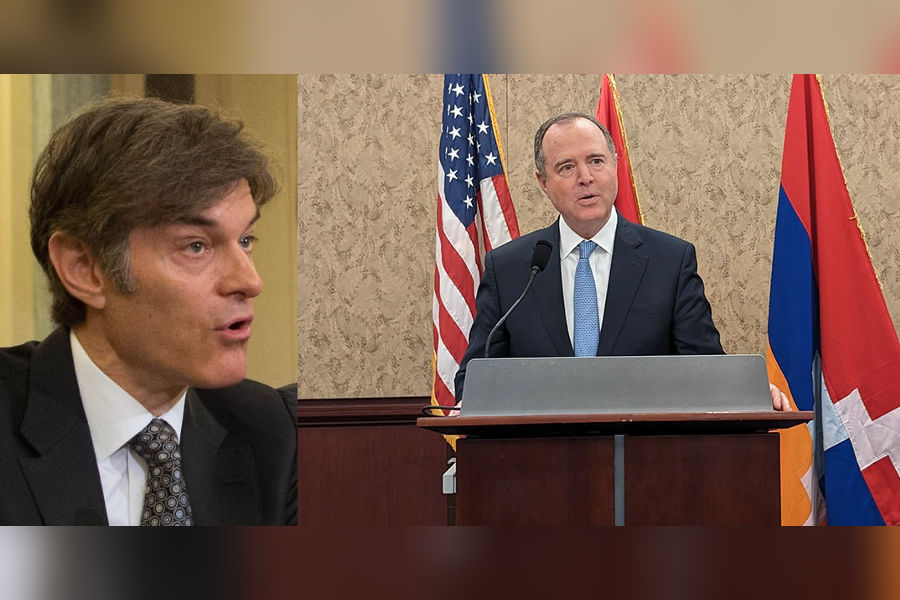
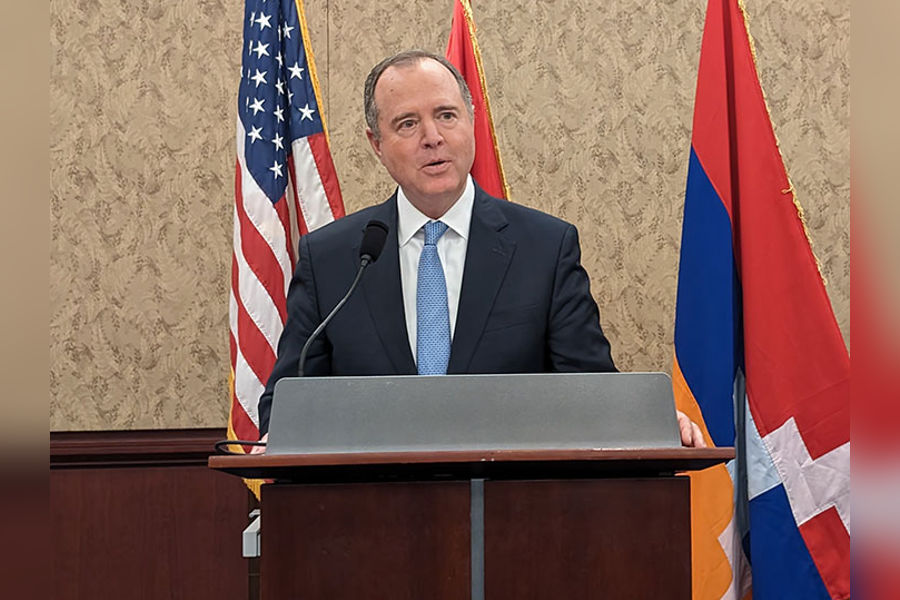

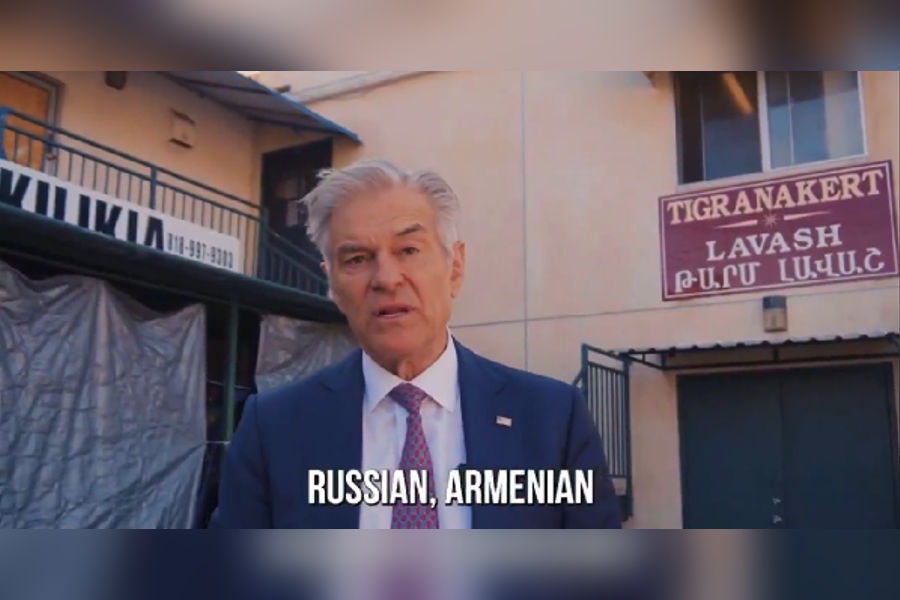
Dr. Akcam is correct is correct in my view. Research and scholarship is the foundation of the truth and fuels our just cause.
The research and activism of the last fifty years have produced incredible results. It is time for a focused effort that is sustainable. This should be a topic of collaborative discussion between the major university resources and organizations(NAASR ,SAS, etc). I think one of the problems has been that the Armenian community has not placed a high enough value on research and scholarship. This is changing as groups like NAASR become more mainstream and university programming expands. Perhaps the time has arrived.
Yes Dr.Stepan the time has arrived…
Hopefully ANCA,Arm.Congress,Zorian Institut and other Oorganizations and Personalities Will act SOON
God Bless the soul of Professor VahaknDadrian.
Reparations and the return of Western Armenia are what are most important.
To the extent that Genocide research contributes to those goals, fine.
Let us hope that academicians realize that.
Who cares what Erdogan says or does?
We should instead direct our energy towards punishing Turkey and liberating Western Armenia.
Do you really think you can get land from Turkey? This is impossible, also a ridiculous purpose.
Since learning about the Armenian Genocide (I married an Armenian woman), I have been appalled at the Turkish attempts to gloss over historical fact.
I have written a novel ‘Angel of Aleppo, a Story of the Armenian Genocide’. The Facebook page links is here: https://www.facebook.com/JonCocksWriting/?modal=admin_todo_tour
Civilised governments, like state parliament of South Australia – should acknowledge the Genocide. Without justice, there can be no peace.